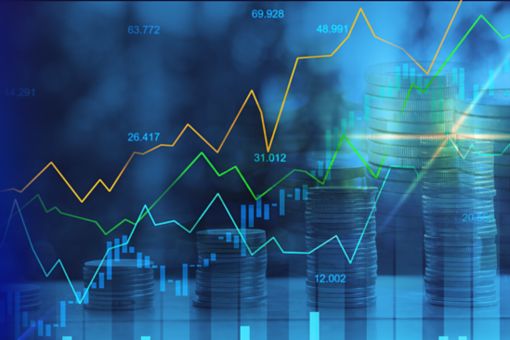Inflation not yet Peaked, Choppy Economy to Continue in the Near Term
- The reversal of inflation in March after a seeming slowdown in February, reinforces our view that the determinants of inflation in Nigeria are largely cost push factors which are out of control of monetary authorities.
- Further tightening to control money supply may not be best approach for moderating inflation and might have more of an impact on squeezing economic growth, constraining non-oil export growth, and slowing employment creation rather than slowing down inflation.
- A strategy to cut production costs and boost supply and control conditions stifling distribution and responsible for high and rising energy and transportation costs might be more effective in controlling consumer inflation, though we expect the CBN will choose to continue monetary policy tightening for now.
Event
The Consumer Price Index (CPI) report for March 2023 released today showed consumer prices both on a month on month and year on year basis remained high and rising.
On a year-on-year basis, the headline CPI rose to a new 2 decade high of 22.04% in March 2023 compared to 21.91% in February 2023. On a monthly basis, the CPI which had slowed substantially from 1.87% in January to 1.71% in February, surged again to 1.86% in March 2023.
Food prices, which dominates the CPI basket, continued to rise on a yearly basis to 24.45% in March 2023 from 24.35% in February 2023. On a monthly basis however, food prices surged higher in March 2023 to 2.07% after initially cooling to 1.90% in February 2023, from 2.08% in January 2023. The core CPI which excluded prices of food and energy, had slowed significantly in February on both a year on year and month on month basis, but rose in March 2023 to 19.86% (18.84% in February and 19.16% in January) and 1.84% (1.06% in February and 1.82% in January) respectively.


